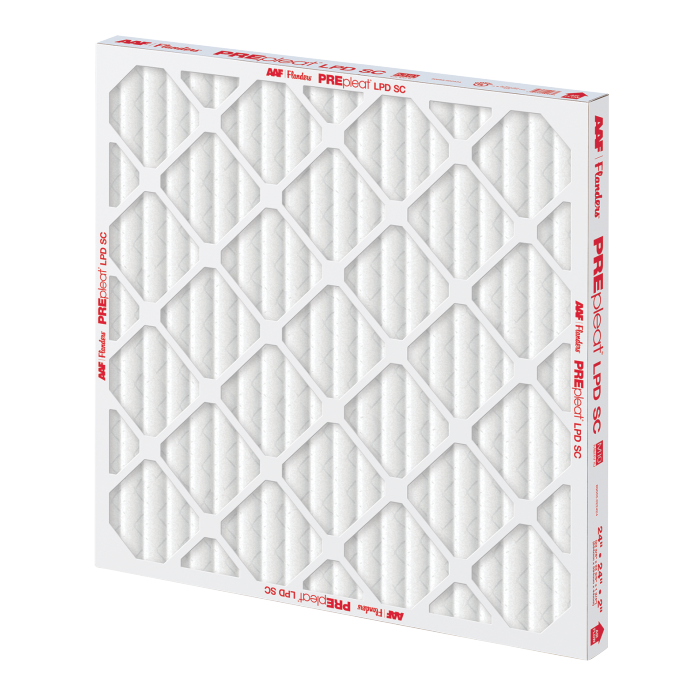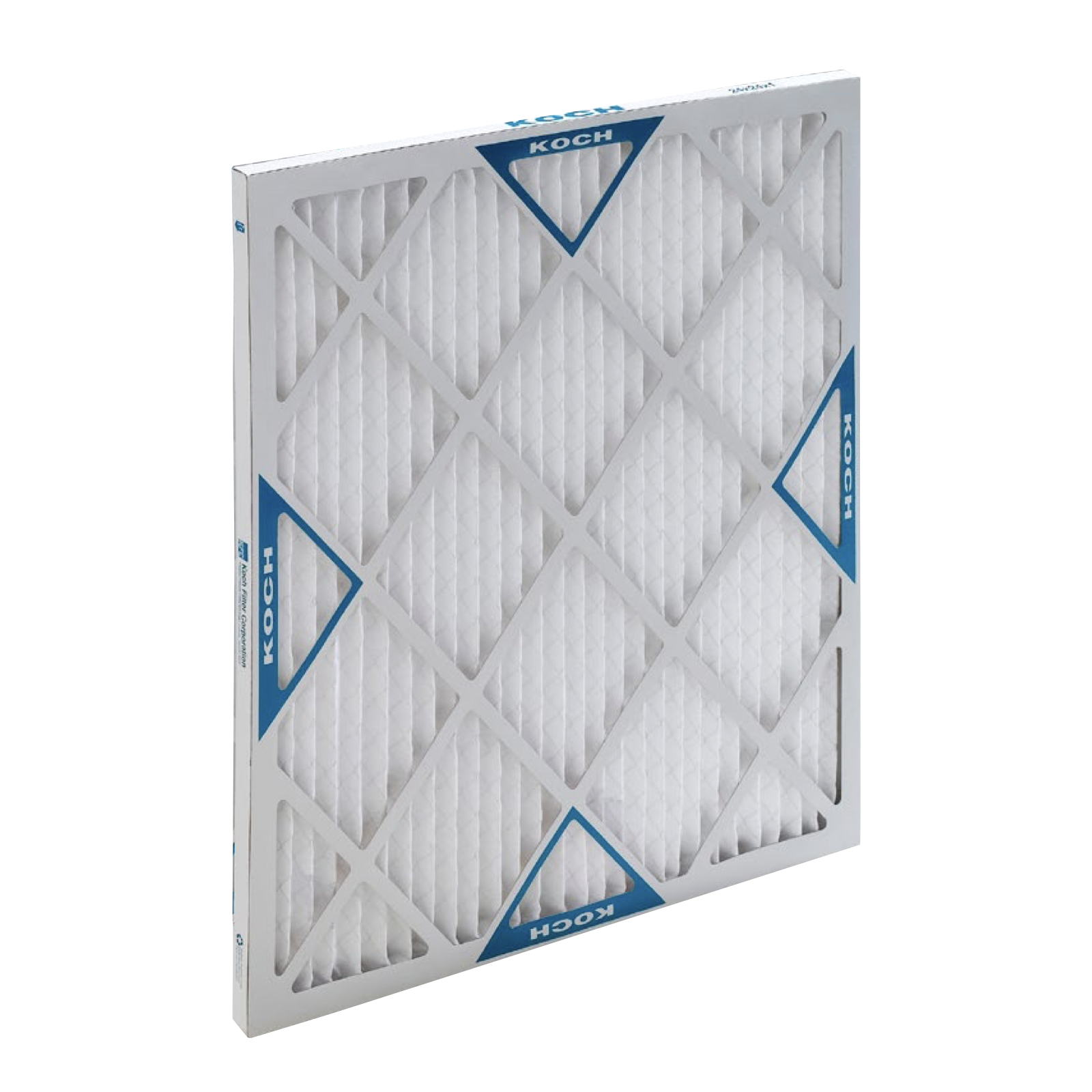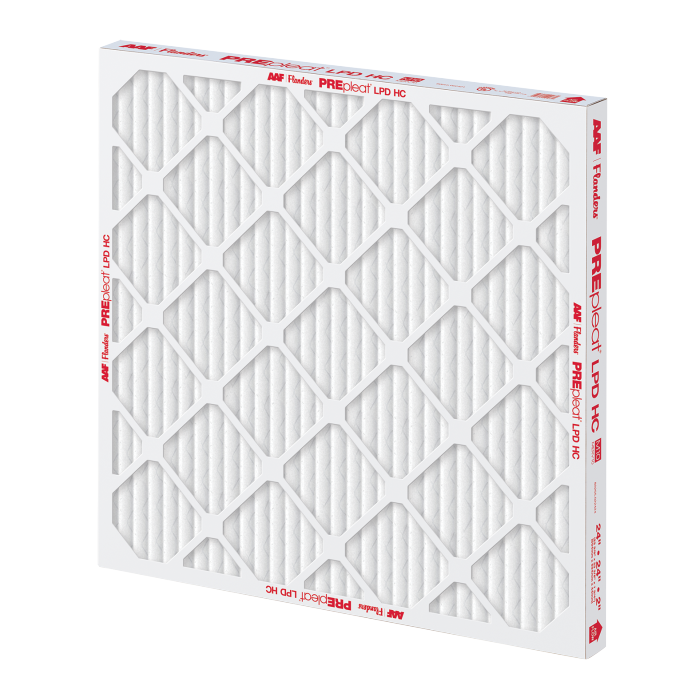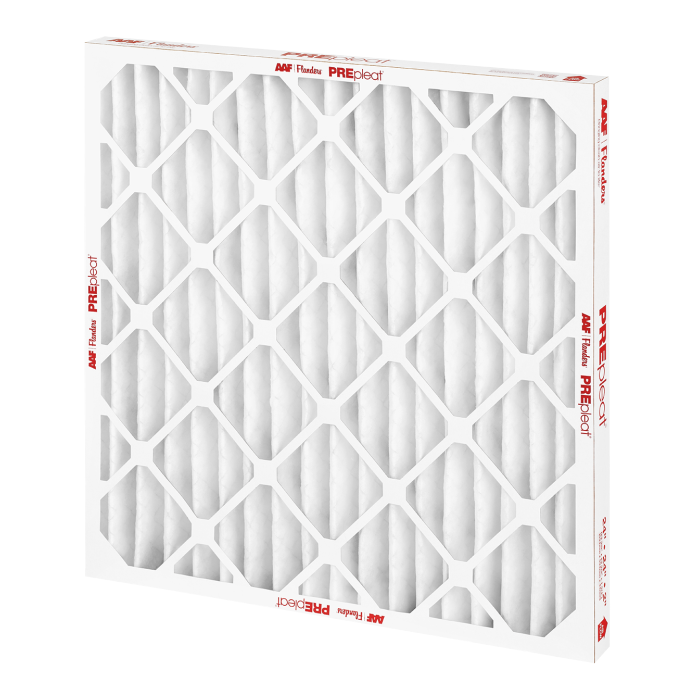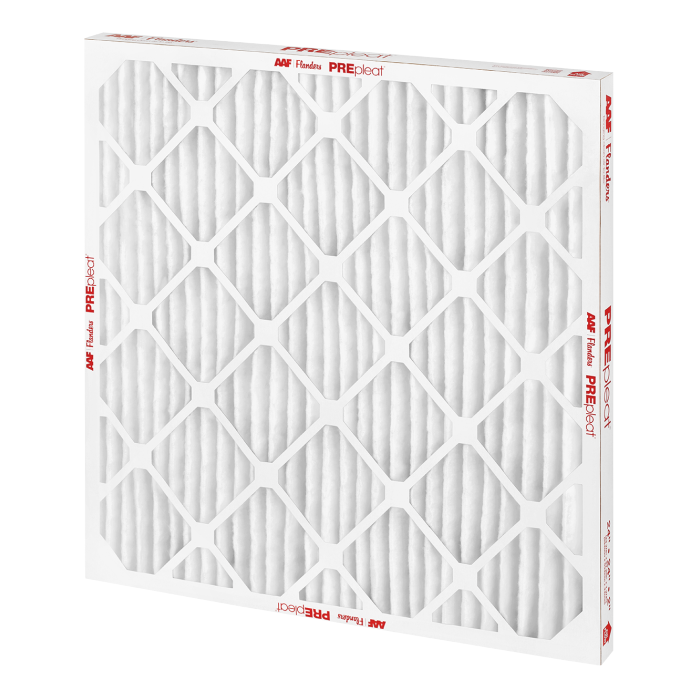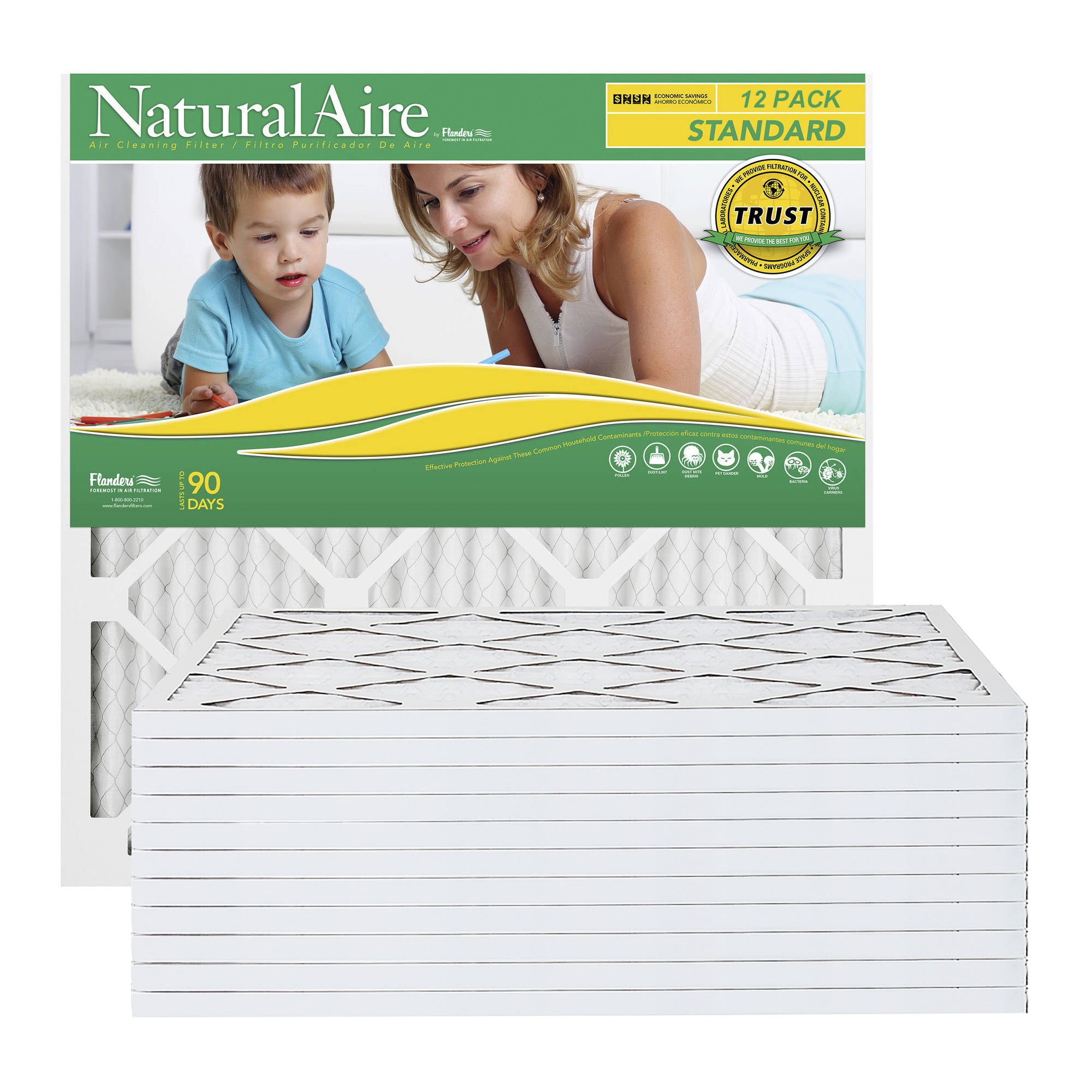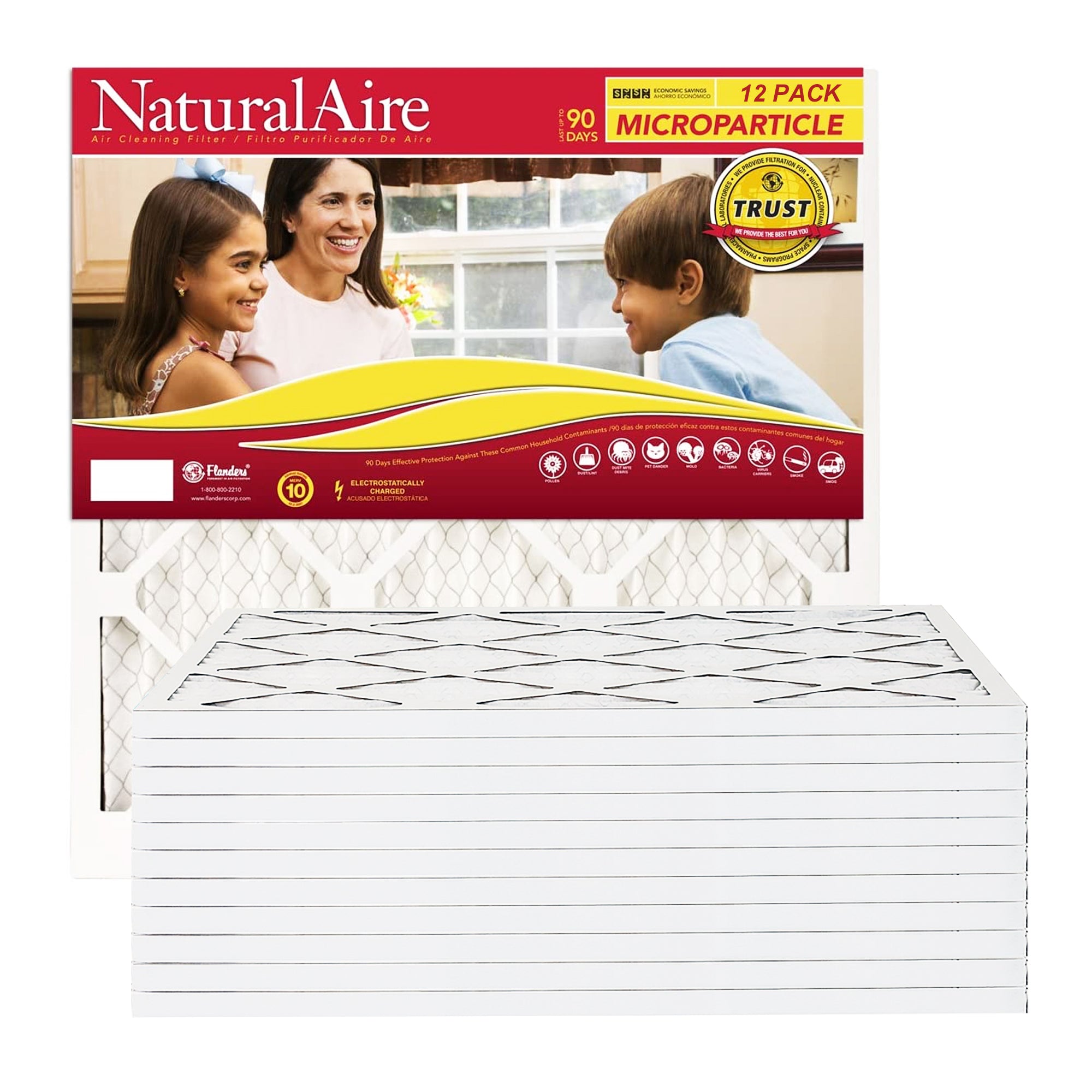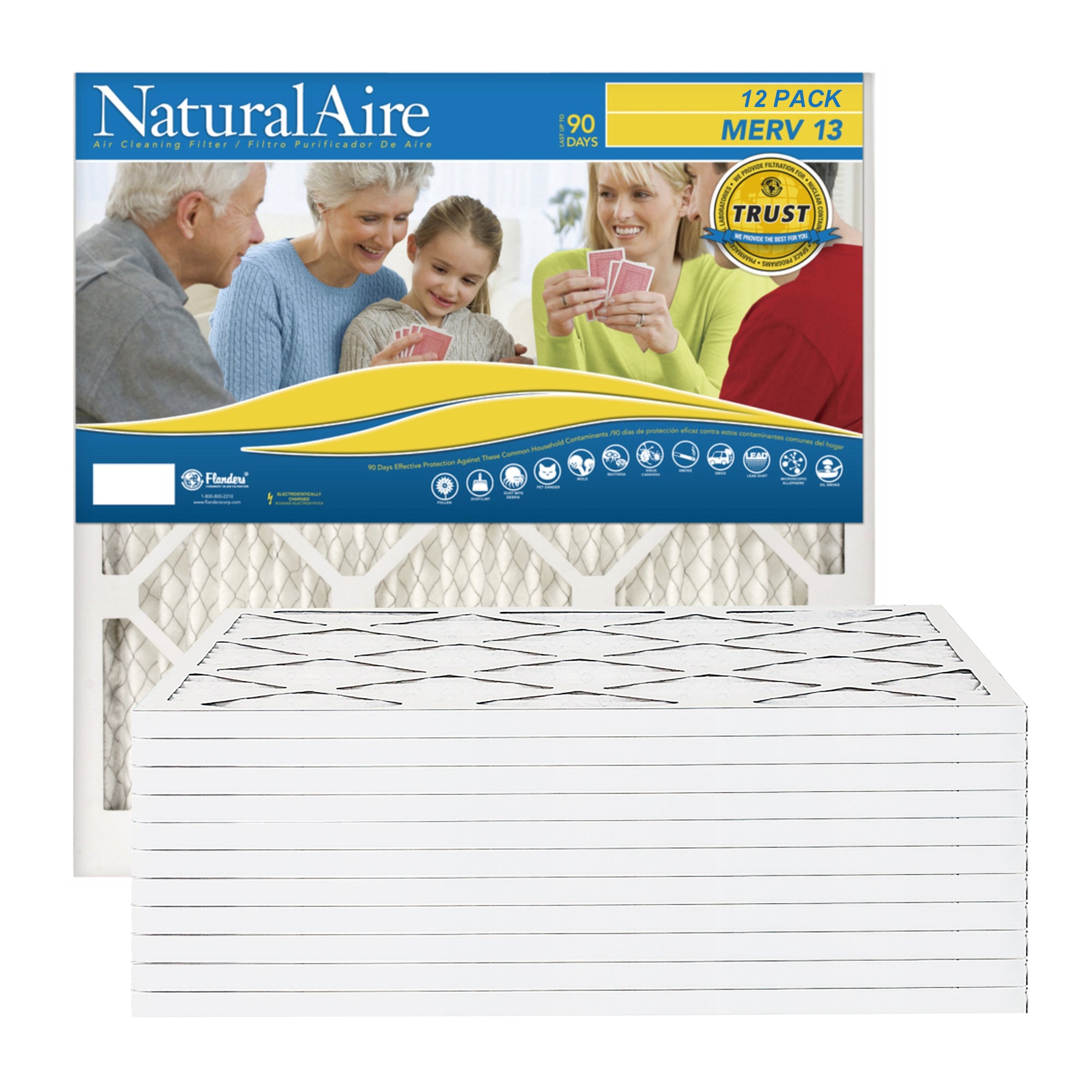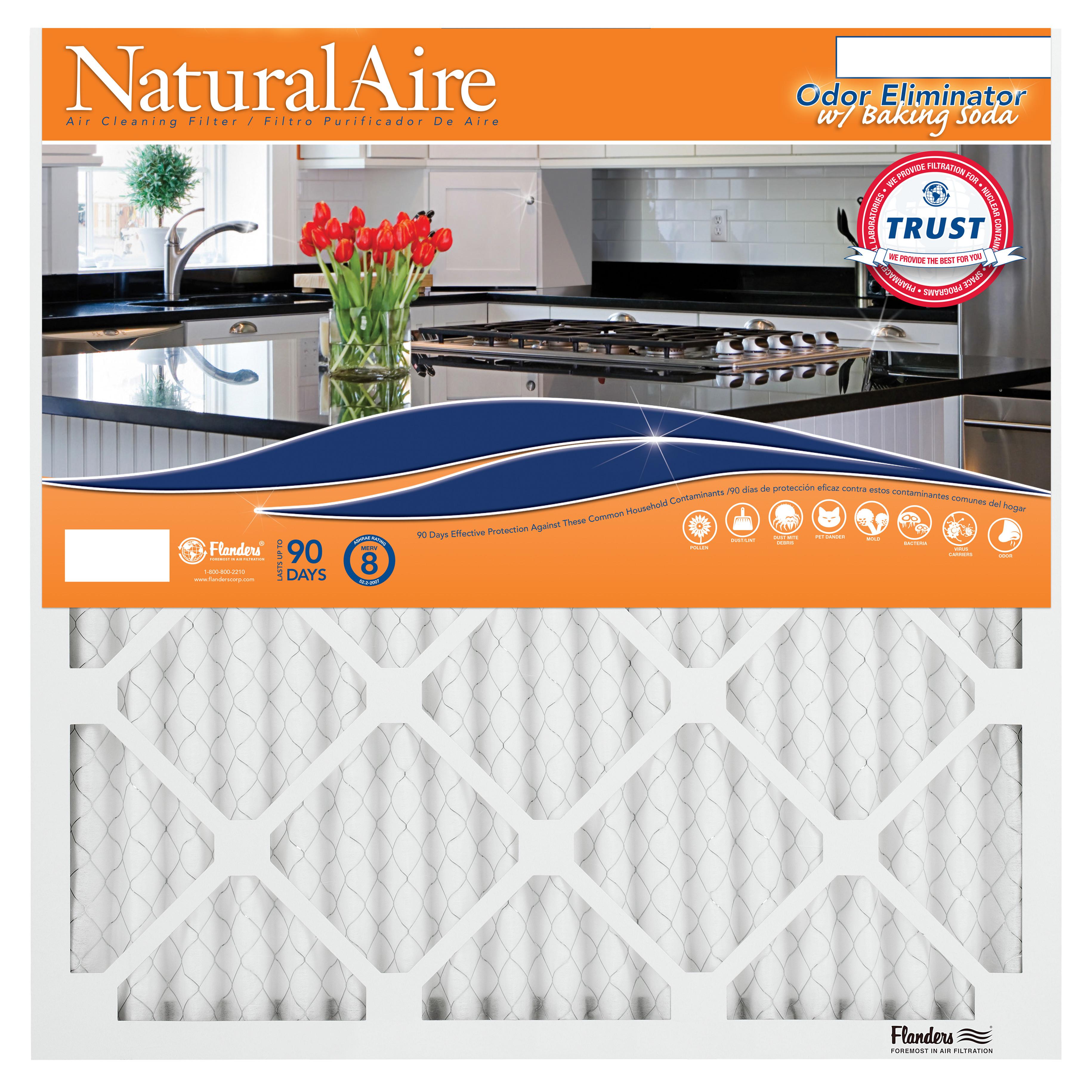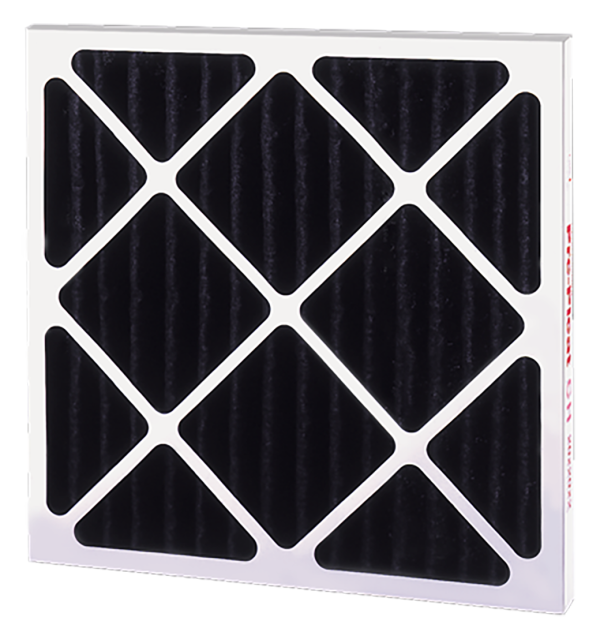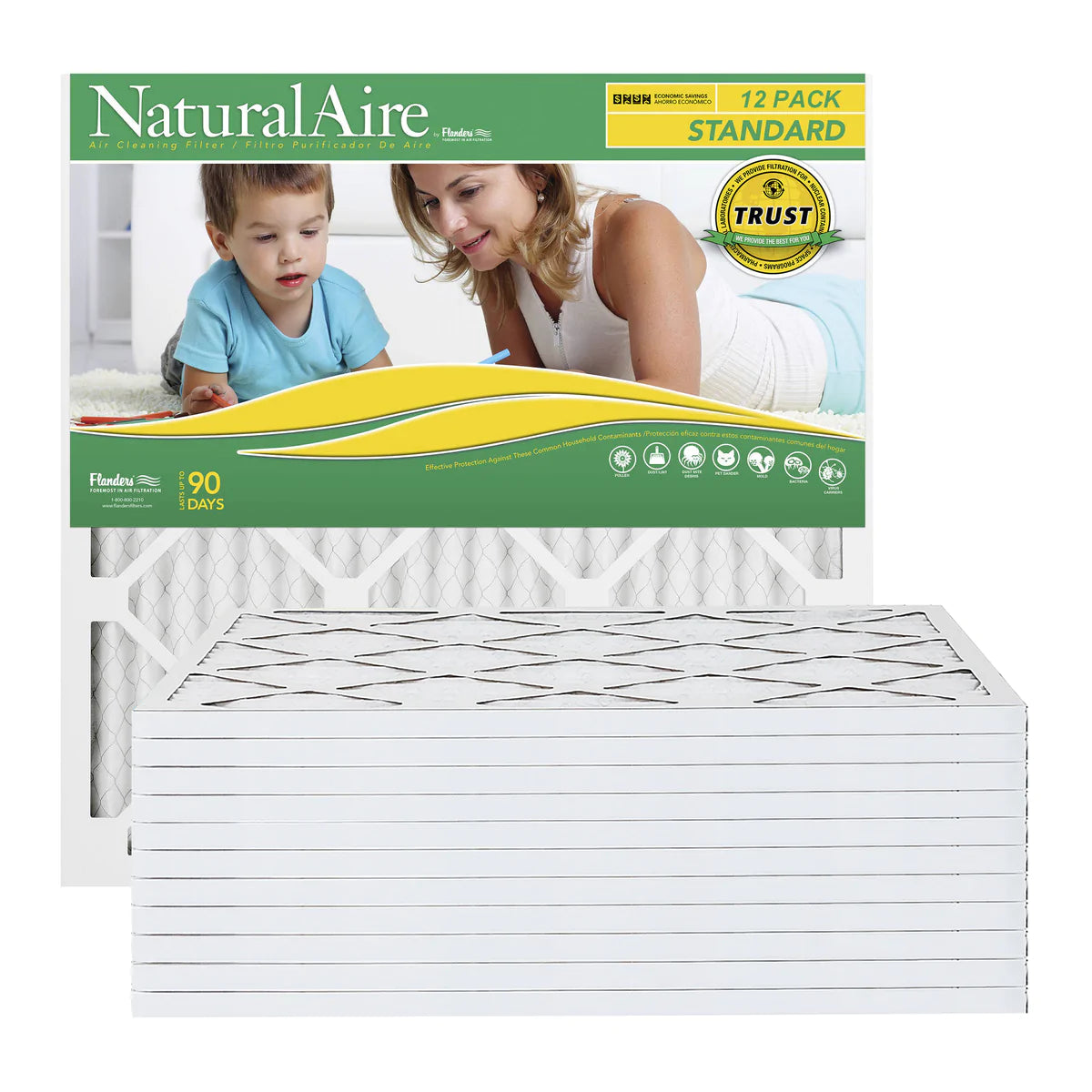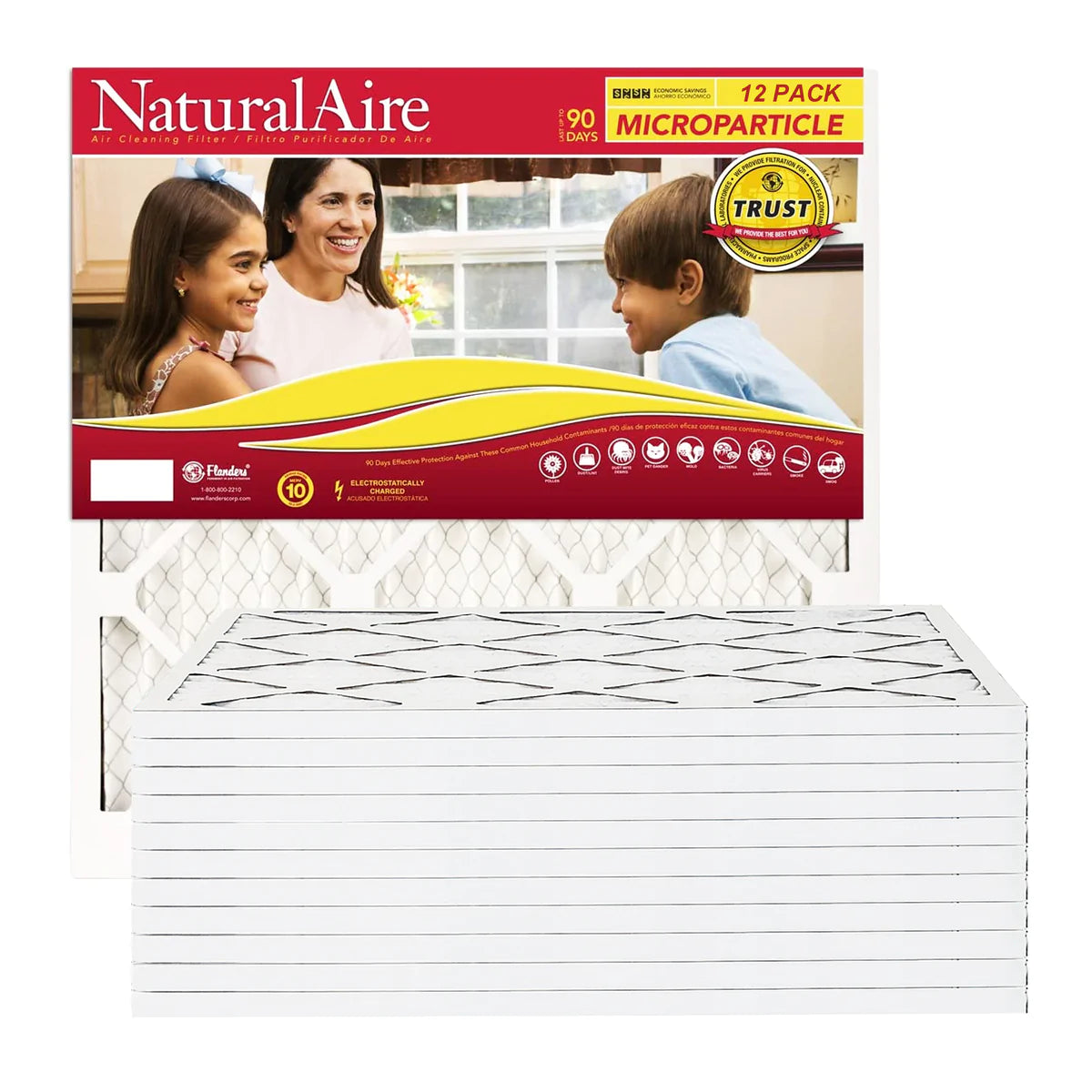Your HVAC system is an essential piece of equipment in your home. It spends its days continuously regulating the temperature within your space while protecting you from various outside pollutants that affect your quality of life.
Conversely, your HVAC’s air filtering component can only trap so many particles before slowing down or becoming clogged. Now that you know how to locate and change filters, allow us to teach you how to dispose of air filters safely and responsibly.
Please continue reading below to learn more about the process and its alternatives.
Standard Air Filter Disposing Instructions
Before initiating the replacement process, remember to shut down your HVAC unit completely. Doing so ensures you don’t short circuit the system or injure yourself during routine servicing. It also prevents unfiltered air from traveling into your property.
Place Used Filter in Plastic Bag
As one of the most vital tools to secure a used air filter, plastic bags are helpful tools to house dirty filtering components upon removal from an HVAC unit.
After placing the used component in the bag, you’ll want to tie it to trap all dust and debris. You’ll want to avoid bumping or shaking the filter to prevent agitating the particulate matter.
Avoid Shaking Dirty Filters
Believe it or not, your HVAC system works tirelessly to trap matter, making the air safer for you to breathe. Whether replacing your filter every three, six, or twelve months, the component will collect that time frame's worth of particles from various air pollutants.
While you may see the outside of dust and grime accumulated on the component, it’s relatively easy to agitate and unsettle.
You’ll want to avoid shaking or banging the air filter to prevent releasing microscopic particles, like bacteria, viruses, and mold bacteria that found shelter in the component all this time.
Secure Your Plastic Bag
While you can certainly tie the drawstrings or create a loop to close the majority of a bag, consider going the extra mile and using tape to seal dirty filters in the plastic bag. The tape will provide additional support in closing openings and preventing any particulate matter from escaping the bag.
Remember, the better the seal, the cleaner your home's air will be.
Dispose of Old Filters in a Trashcan
It would be best to discard old filters in the outside trash can rather than in your home. By leaving a bagged HVAC filtering component in your home, you risk puncturing the bag when adding more trash to the receptacle.
This can cause debris to travel back into your space, potentially affecting those with particular respiratory conditions. Once you replace your old air filter, you’ll want to place it in a trash can outside your home immediately.
How To Recycle Air Filters
Fortunately, there are environmentally conscious ways to discard air filters that promote a reduced carbon footprint.
Keep in mind that while the process requires more steps than simply tossing the component into the trashcan, recycling filter components may reduce the need for raw material during manufacture.
Disassemble the Filter
You’ll want to start by taking your used air filter by layer. To avoid excessively shaking the component and releasing particles into the air, consider cutting the corners of the filter for smoother disassembling. Remember to take extra precautions when handling sharper pieces to avoid injury.
Categorize Materials and Bag Recyclables
After disassembling your filter, categorize its various components into recyclable and non-recyclable groups. Many air filters may contain non-recyclable materials, like fiberglass or polyester, so it would help to promptly separate those items from recyclable parts.
Fortunately, you don’t have to discard those pieces, as several organizations will accept non-recyclable filter material for repurposing. As for your cardboard, cloth, plastic, and metal, place them in eco-friendly bags and secure the top to avoid debris escaping.
Reach Out to a Recycling Service
While many recycling companies have relatively straightforward guidelines, others may operate differently. It would help to reach out to these organizations to confirm procedures and exact days and times to collect materials.
Prepare for Collection
After cutting, separating, and classifying, the hard work is complete and your materials are ready for pick up. Remember to write down the exact date and time on a notepad or add a reminder on your phone, so you don't miss the collection service.
Recycling Dos and Don’ts
For some, recycling air filters may be a newer practice, so knowing how to disassemble, classify and recycle filters beforehand can save you time and decrease the likelihood of injury.
Do Wear Protective Gear
As mentioned, used air filters can contain microorganisms, mold spores, bacteria, and tons of dust and debris. You can expect the filter to release some of these contents during disassembly, so it's best to wear a protective face mask and glasses to prevent the dust from traveling into your airways and eyes.
Remember to wear gloves when dealing with fiberglass components to avoid developing a rash or severe itchiness.
Don’t Mix Recyclables With Sharp Components
Sharp objects are hazardous and require extra cautionary measures during handling. Separating sharp components contains any shards from harming you, potentially resulting in severe health risks. You can safely dispose of sharp filter pieces by placing them in a thicker plastic bag or glass container.
Do Clean Recyclable Filtering Pieces
Recycling services will only accept those clean materials, so it's best to wash and dry pieces before placing them into their final bag unless the filter is in poor condition.
Don’t Leave Your HVAC System Without a Filter
Most importantly, avoid leaving your HVAC system without a filtering component. A filter protects your unit from incoming harmful debris that can wreak havoc on equipment and your home.
Knowing how to dispose of air filters safely is a beneficial and necessary skill that protects your HVAC's overall function and health. As a standard, in-home maintenance task, regular changes promote consistent indoor air quality so you can breathe with peace of mind.
Consider Remember the Filter as your one-stop shop when looking for air conditioning filters online. We carry several high-quality brands that are suitable for your HVAC needs.



